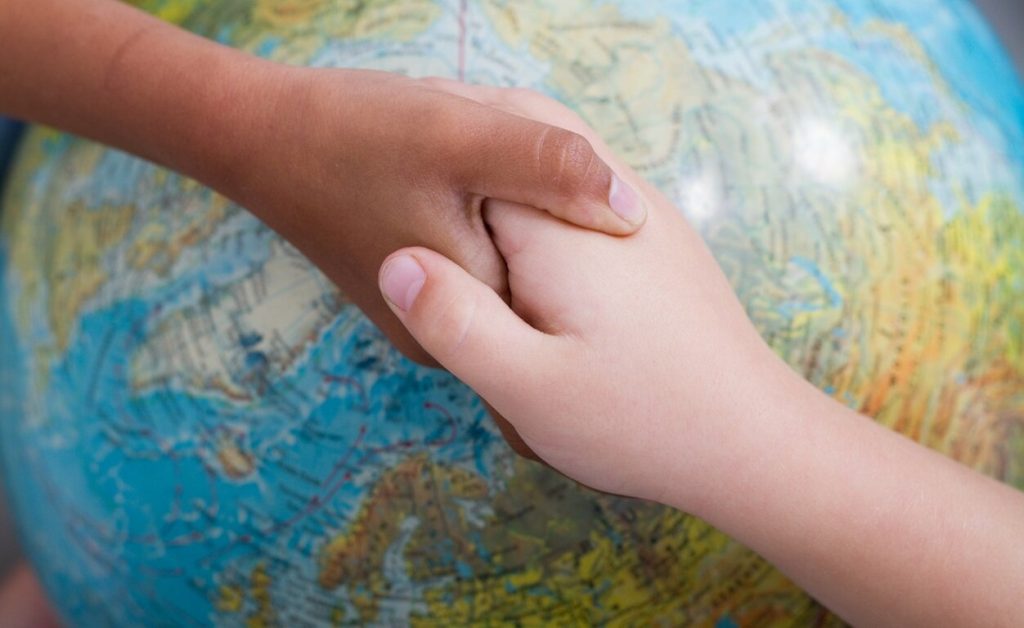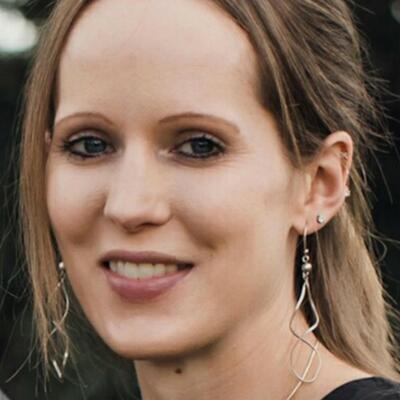
R.J. Palacio’s book “Wonder” and Ellen DeGeneres have a lot in common when it comes to promoting kindness. With memorable catchphrases like “choose kindness,” they’ve both helped convey how important it is for educators and parents to spend time cultivating kindness in young people. World Kindness Day on November 13 is a good opportunity to consider how educators can help students develop into the best people they can be.
For young people to demonstrate kindness consistently, they need to understand what it means to have a healthy relationship, accept the perspectives of others, and learn the value of service.
Healthy Relationships: When kids strive for acceptance from their peers, some of them may be willing to do anything in the quest to be “popular.” This can lead to damaging relationships masquerading as friendship, with students feeling pressured to hide true feelings in order to fit in. Help students learn basic social skills, such as active listening, seeking to understand, and effective ways to describe their emotions. Through books or other materials, show students that true friendship means kindness and consideration for others, not giving material possessions or doing whatever someone else says.
Outside Perspectives: Many young people, through no fault of their own, live in a bubble. They see the same people day in and day out, and have little knowledge of communities outside their own. Expanding their knowledge of other people and cultures can help them understand that a different way of life is not “weird,” it’s simply not the same as their own. My 6th-grade writing class partnered with a class in Mexico to write a collaborative book through StoryJumper and the experience was eye-opening. Just learning the Mexican students’ names, names they’d never heard before, was a challenge. But despite their differences, my students saw similarities in their interests and experiences. Hopefully, this project will help them approach future experiences with an open mind, without making assumptions from immediate impressions.
Service: I worked at a summer school program with a service-learning approach, where many students had their first experience of giving back. It was the first time they thought about needs in their community and saw how they might be able to help others, regardless of their age. Just thinking about it and having conversations about it with others was a valuable experience for them. Completing service-learning projects and reflecting on their impact can help them consider other perspectives and think about how their kindness can change a community.
Use these three areas as a springboard to creating long-term projects that help students develop an open mind. The more students engage in these types of activities, the more likely they are to be appreciative of differences, which is a key to choosing kindness above all.
No matter what you are passionate about, find a program and a community for it at American College of Education. Explore our graduate-level programs in the field of education.

